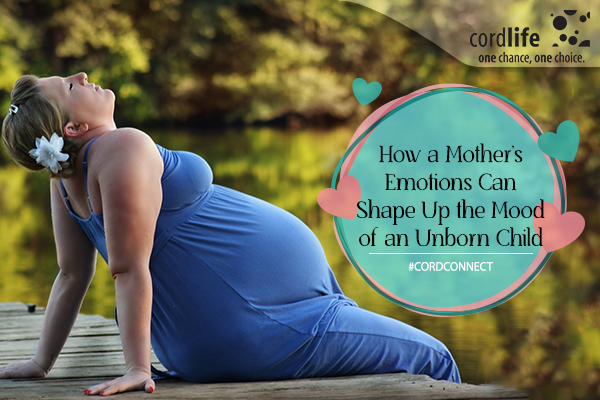Table of Contents
Just the other day, my good friend Sameera came to visit me. Sameera is heavily pregnant and I am a mother of a two year old. Whilst chatting away, Sameera broached the topic of how emotional she was lately feeling. I took the opportunity to tell her that during my pregnancy, my emotions bordered more on the lines of stubbornness and anger. At that point of time, I was not aware of the fact that the human foetus feels all of my emotions during pregnancy. My two year old now has inherited my strong willed and stubborn nature.
I believe that a profound transformation takes place in every aspect of a woman’s life during pregnancy. The expectant mother’s emotions, thoughts and actions have an effect on the baby in the mother’s womb. Dr. Thomas Verny, a foremost expert in the effects of prenatal environment on personality development explains, “Everything the pregnant mother feels and thinks is communicated through neurohormones to her unborn child, just as surely as are alcohol and nicotine.”
What surrounds the pregnant mother, for example, baby shower plans, nursery decoration, marriage, work, health or anything else for that matter determines how she perceives the pregnancy and has a direct effect on her thoughts. Dr. Deepak Chopra, in his book ‘Magical Beginnings, Enchanted Lives’ states, “When a pregnant mother is anxious, stressed, or in a fearful state, the stress hormones released into her bloodstream cross through the placenta to the baby. Hundreds of studies have confirmed that chemicals released by the pregnant mother’s body are transported into the womb and affect the unborn baby.”
Negative thoughts of a mother often create fear-based responses in their unborn child because stress activates the endocrine system of the child which in turn influences the foetal brain development. So, it is commonly found that children born to stressful mothers are most likely to have behavioural problems later in life.
On the other side of the emotional spectrum, Dr. Verny says, “Positive maternal emotions have been shown to advance the health of the unborn child. Thoughts which infuse the developing baby with a sense of happiness or calm can set the stage for a balance, happy, and serene disposition throughout life.” To this Dr. Chopra adds, “When you feel joyful, your body produces natural pleasure chemicals called endorphins and encephalins. When you are peaceful and relaxed, you release chemicals similar to prescription tranquilizers.
Without stress, your baby’s nervous system works smoothly. When you’re calm and centered, your baby is able to grow peacefully.”
To Sameera, I told her that the emotional upheavals were natural during pregnancy. I advised her to select a space free of interruptions for a few minutes, and then close her eyes and practice imagination that includes feeling, hearing, thus attaining a relaxed state of mind and focussing on the baby inside of her. I suggested that Sameera should try and enhance the richness of her imagination. If any other thoughts hit her mind, she should try hard to return to her happy self, thinking about a healthy baby, playing with her, and so on.
Having this positive state of mind plays a critical role in influencing the body shape, internal healing and assists in nurturing a healthy baby during pregnancy.
